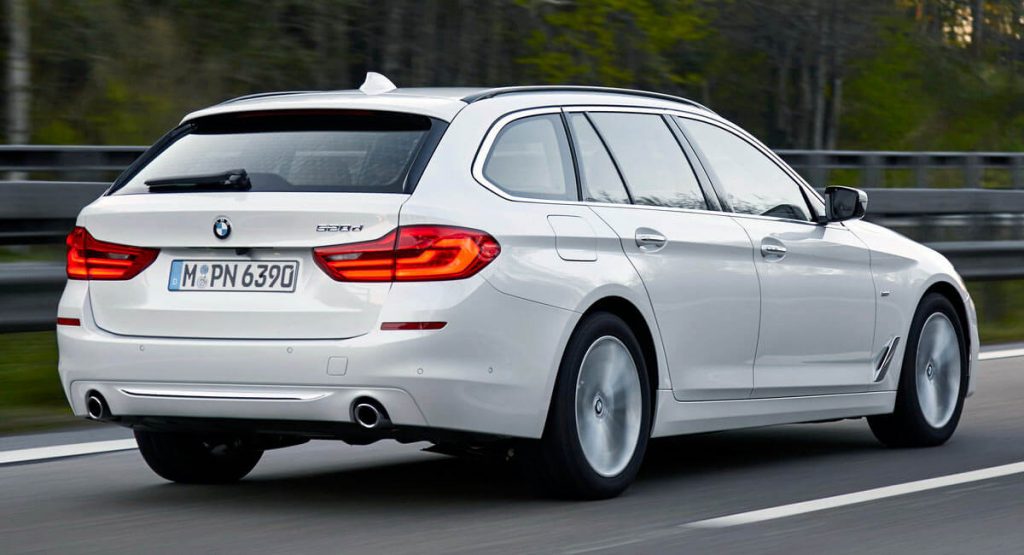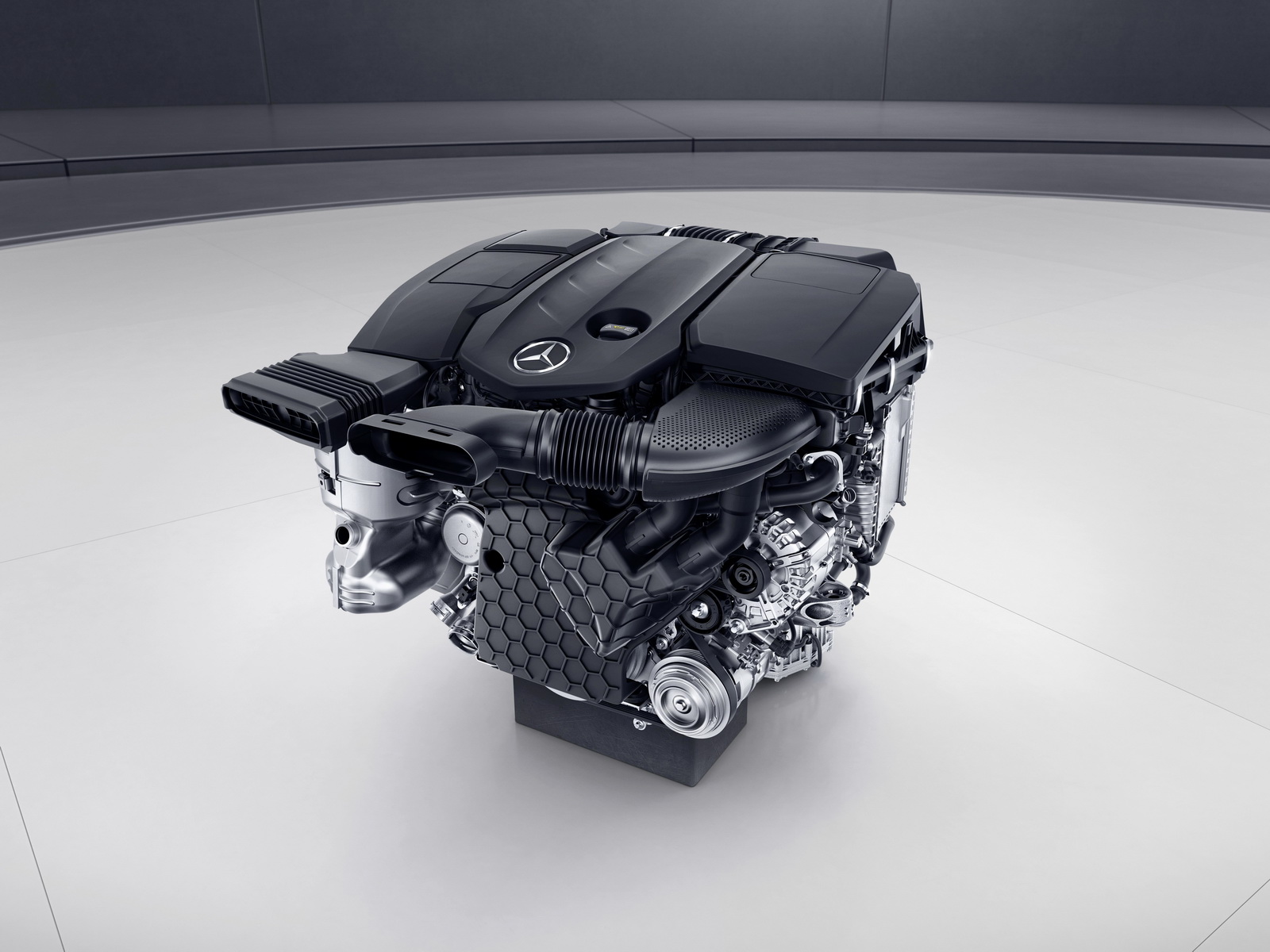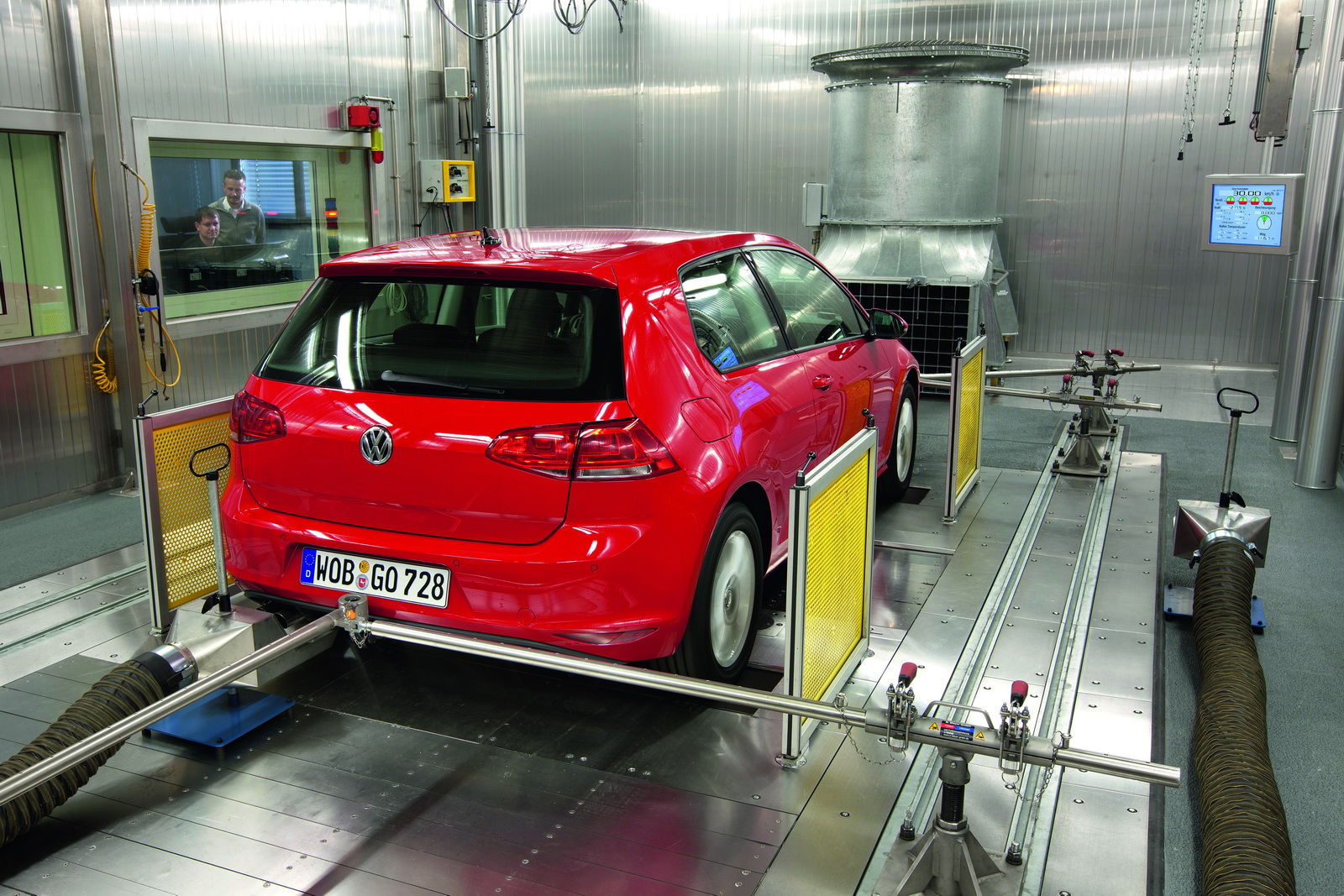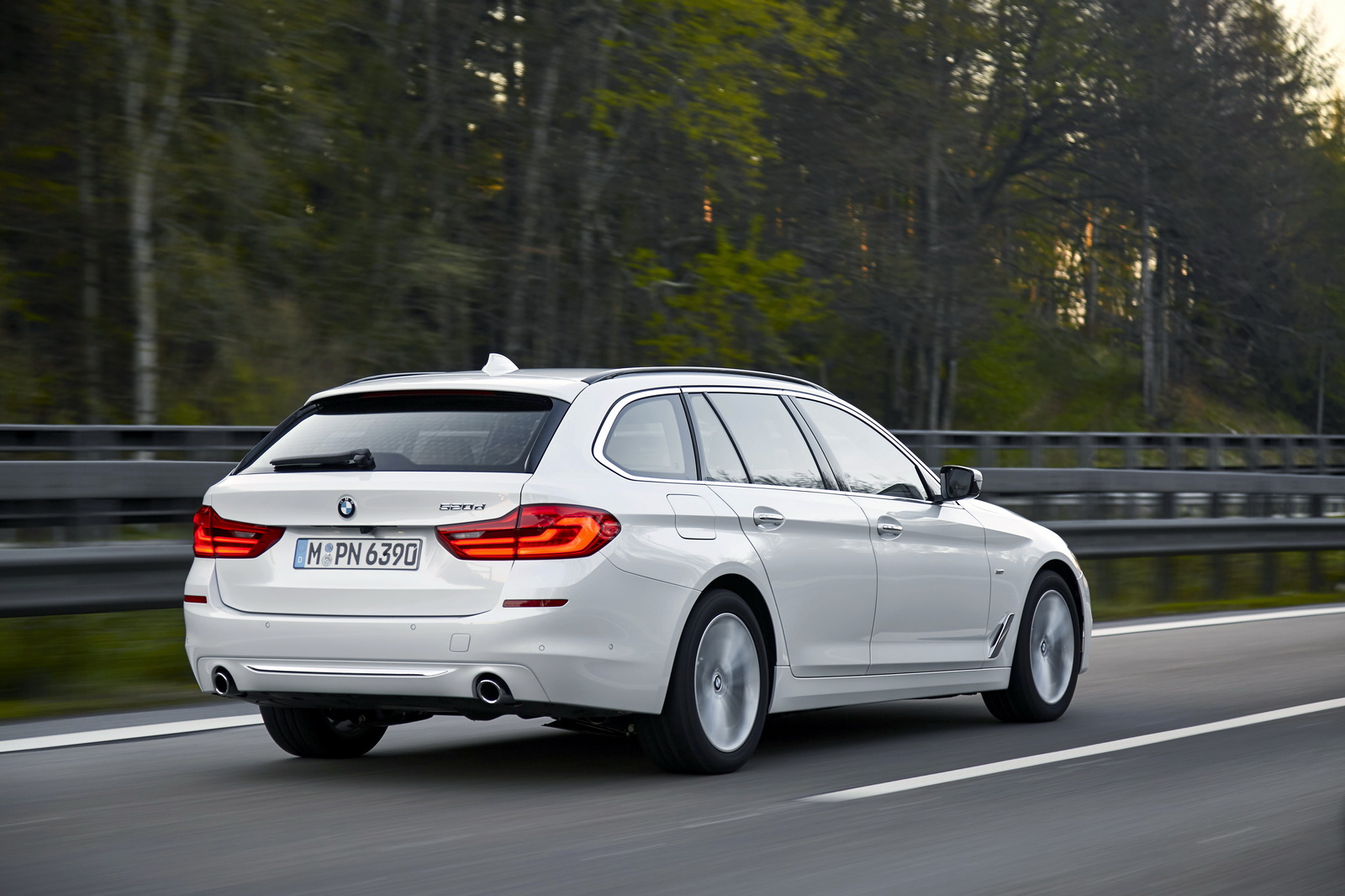On Friday, Germany’s transport ministry released a 30-page document, featuring guidelines for getting regulatory approval to install upgraded exhaust filtering systems on older diesel-powered cars.
However, both automakers as well as suppliers remain skeptical over the efficiency of retrofits, the former claiming that it would be a lot better for the environment if customers had more incentives to buy newer cars with cleaner engines, as reported by Automotive News Europe.
“Now it is the turn of the retrofit industry to develop effective systems to meet all limits and regulations,” said minister Andreas Scheuer in an official statement, after the release of the document. He also mentioned that the Federal Motor Transport Authority would grant approval quickly so that retrofitted diesel engines could reach the market as soon as possible.
Meanwhile, the Baumot Group, who makes exhaust filtering upgrade kits, is happy with the transport ministry’s decision.
“Under a normal vehicle certification process, we believe we can deliver our system in 2019 in a timely fashion,” stated CEO Marcus Hausser.
Yet, there are those who oppose the concept of retrofitting older diesels, such as German auto lobby group VDA, who thinks that customers should buy new cars instead of spending money to install new exhaust filtering systems on older models.
“We cannot give a guarantee for a vehicle in which third-party exhaust purification systems have been retrofitted,” claimed VDA president Bernhard Mattes. “If a customer has his vehicle modified, then he and the retrofitter are responsible for any consequential damage.”
BMW wants no part of this
Despite the likes of Volkswagen and Daimler willing to at least cover some retrofit costs, rivals BMW have refused altogether, proposing instead to have incentives that make it easier for somebody to trade in their old car for a newer and more eco-friendly one.
According to the automaker, exhaust system upgrades that would not penalize fuel consumption or cause additional wear and tear to a vehicle could take up to three years to develop and certify, so selling newer cars through incentives should bring down pollution levels in inner cities much faster than trying to retrofit older vehicles – especially when combined with the ramp-up of electric car charging infrastructure.
Even VW agrees that customers may not benefit from having new exhaust systems on older cars: “All concepts known to us to date have disadvantages for our customers, such as increased fuel consumption and thus increased CO2 emissions and, in some cases, reduced performance,” said the automaker’s R&D boss Frank Welsch.
As for suppliers such as Continental, they also support the automaker’s stance on the matter, with a company spokesman saying that developing retrofits for each model would be extremely expensive and time-consuming.






